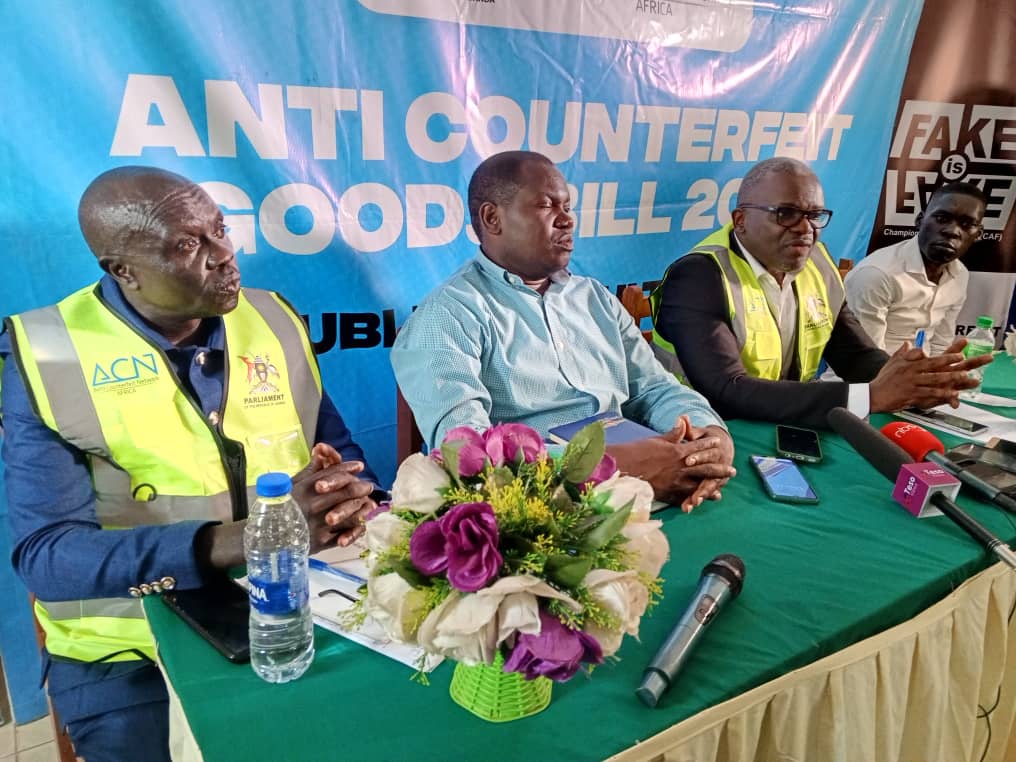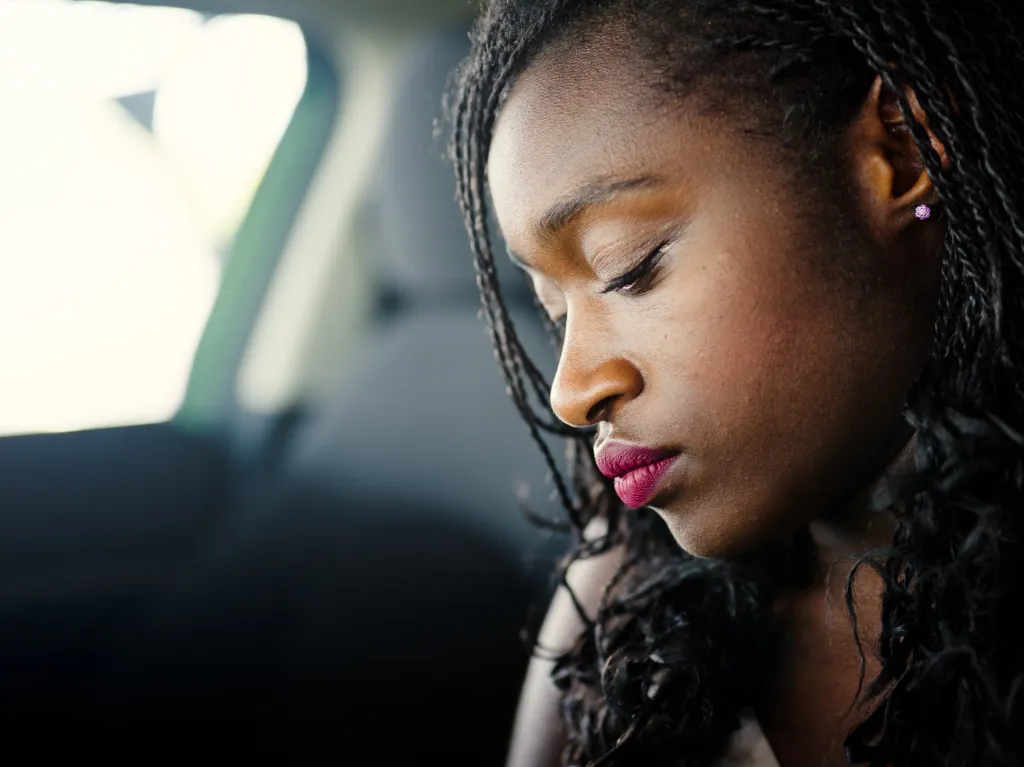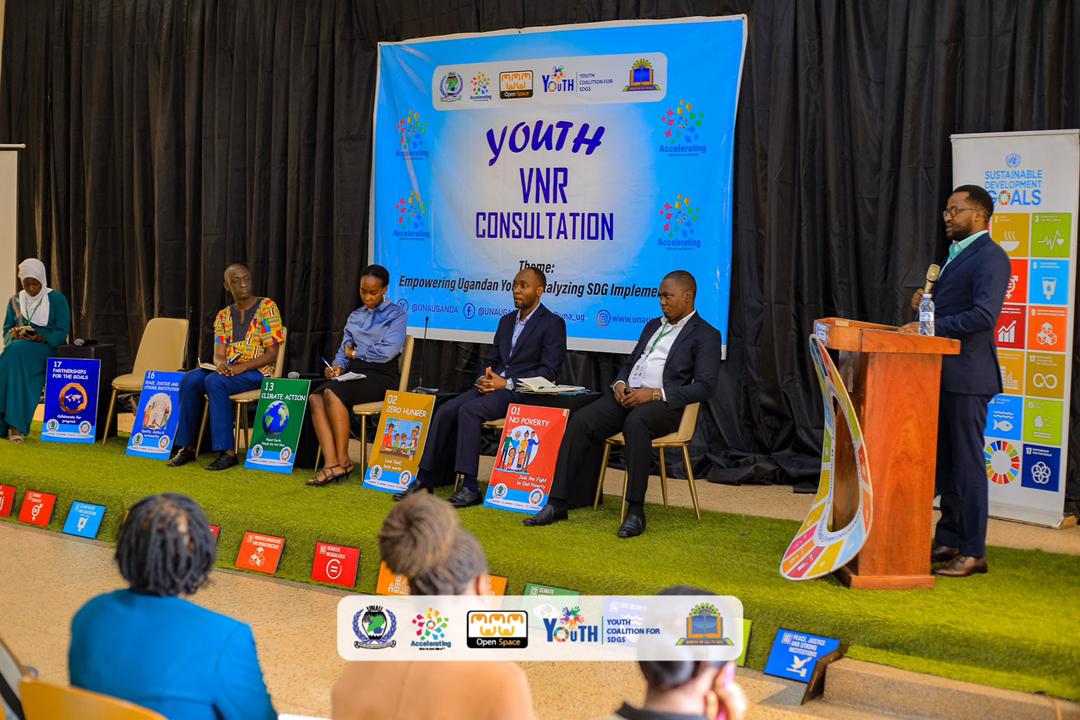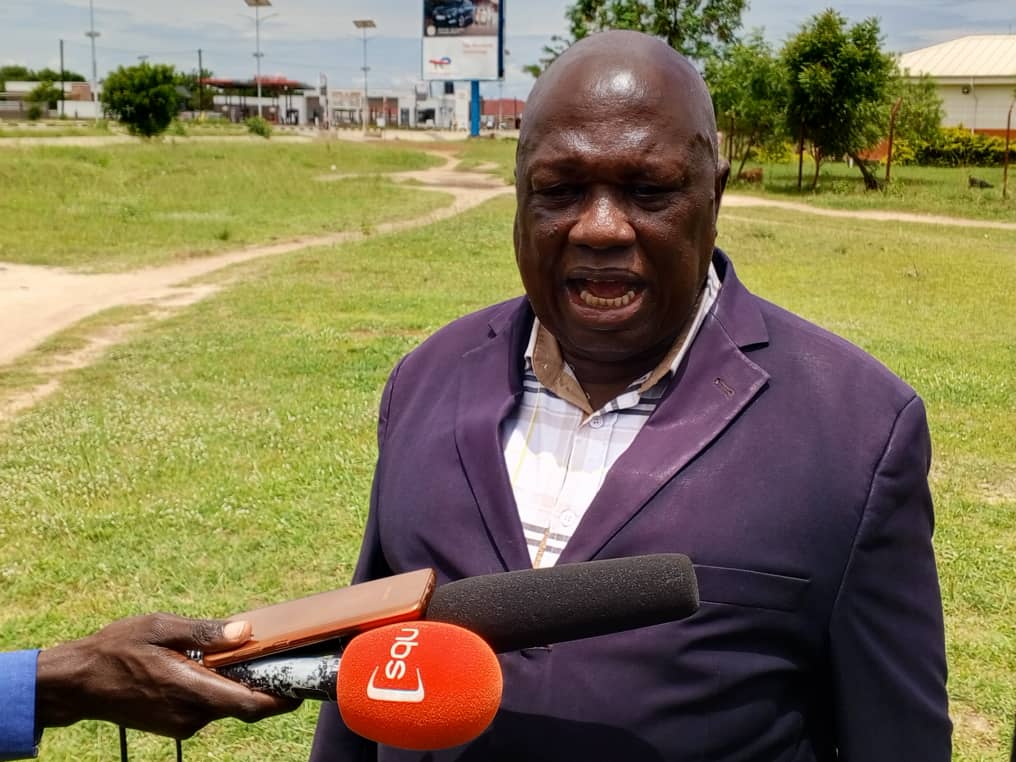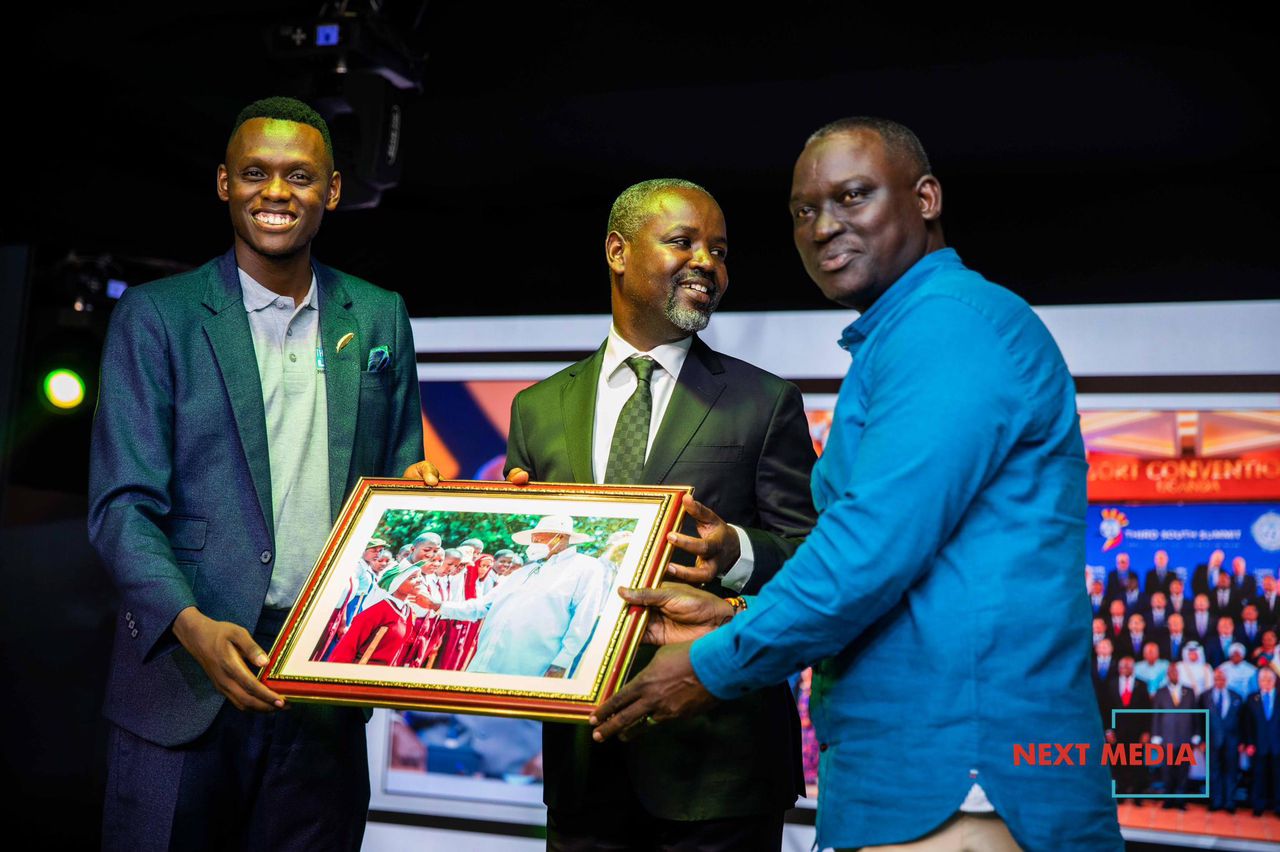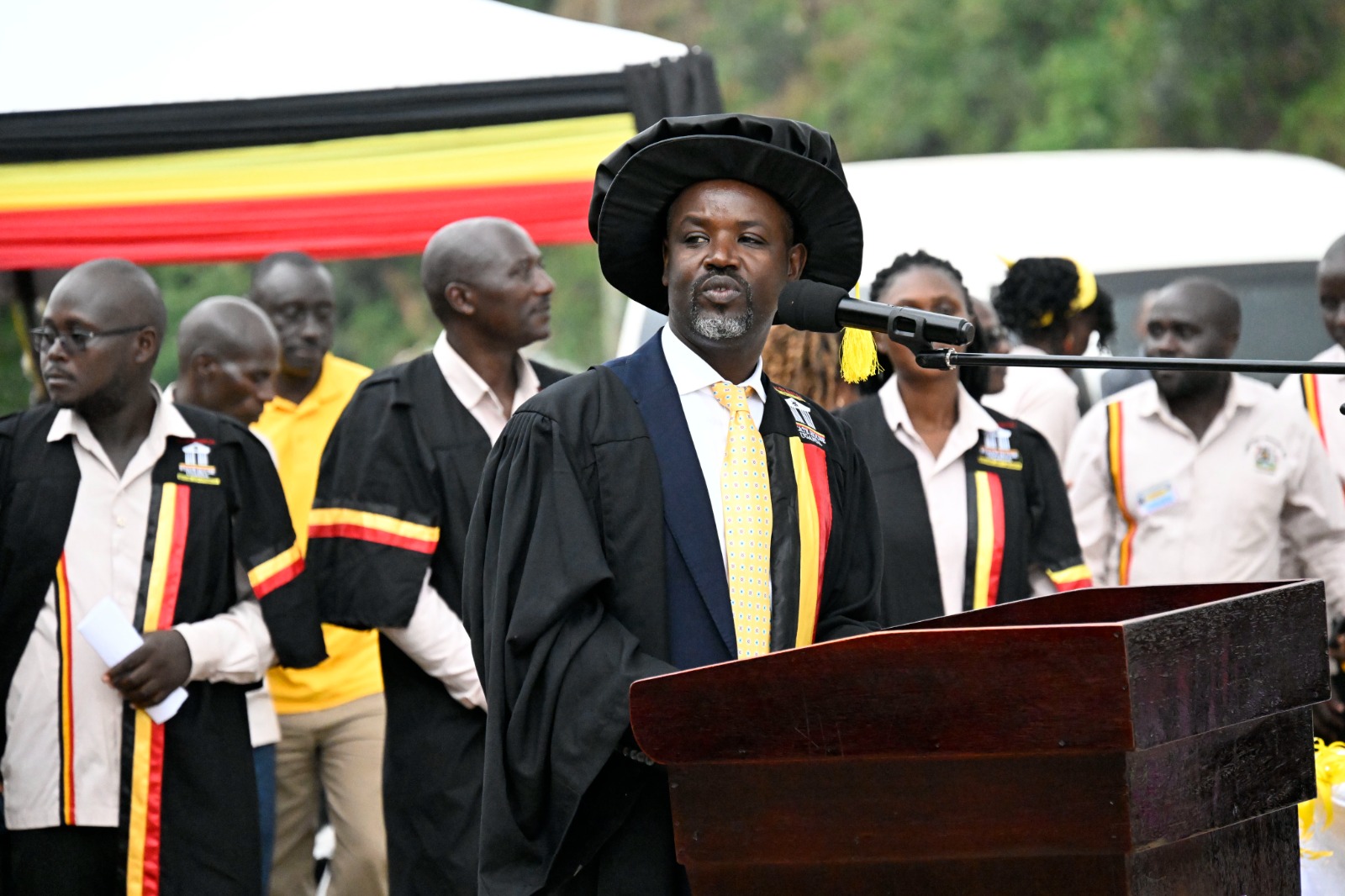Dissecting Winnie Byanyima's tweets on kneeling
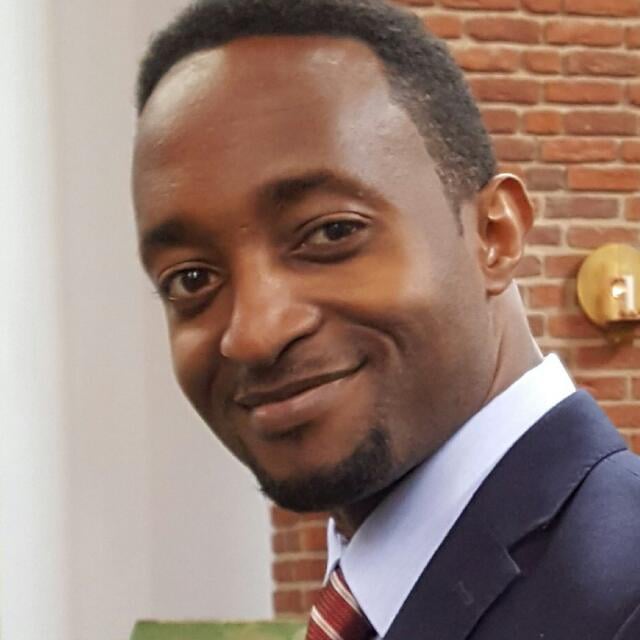
ARTHUR NKALUBO
Let us say Winnie Byanyima and her twitter comments against the kneeling culture was a way of trying to start a conversation.
One could say that she was speaking on behalf of the marginalised and voiceless woman in society.
Either way, she was trying to engage the public or her followers on twitter to talk about their experiences or even try to draw attention to how women in particular are subjugated by power structures within different social aspects, culture in this case.
Surprisingly not, she faced a negative backlash on social media amongst Ugandans who saw this as an attack on culture.
Her twitter comments were never expected to go down well in a mainly patriarchal Ugandan society.
It is perhaps better for me not to delve into the cultural debate.
Most importantly, our cultures, although varied, are what define us as Africans.
But at the same time, aspects like culture, power, class, identity and gender are inter-linked to each other through intersectionality in a very complex manner.
So, in examining Byanyima's comments, the above factors need not be looked at in isolation but simultaneously as they are inter-linked with each other. Winnie, perhaps was understood out of context. Of course, anyone´s guess could be that she spoke as a feminist.
If so her comments are akin to what could be perceived as a western feministic point of view, the type that excludes the African dichotomy. To some, such views may seem imperialistic. The issue of culture and gender roles in an African context is very complex.
According to philosopher Kwame Appiah, the language of identity in the society we live in, pervades both our public and our private lives and that being men and women means we have gender identities.
This would mean that the facts of what Byanyima has written are socially inescapable.
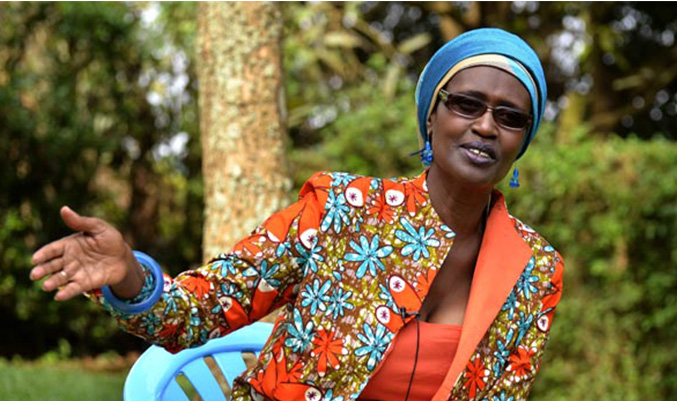 Winnie Byanyima caused a storm
Winnie Byanyima caused a storm
But Byanyima in her capacity as a very educated woman, very successful and powerful woman as the director of Oxfam may not have to kneel for anyone.
But how come she is concerned about the under privileged woman?
This is part of her role as director of Oxfam to speak for the marginalised. Surprisingly, she is not the first in the Ugandan context to speak out against what could in some quarters be perceived as unjust to the woman.
Miria Matembe, a former minister has spoken out against marital rape and suggested extreme measures to counter it.
The Ugandan socialite, Zari, has used Facebook too highlight the plight of women.
Dr. Stella Nyanzi a social activist, has used social media to highlight social injustices using sexuality as her mode of activism. Dr. Nyanzi´s activism is unique because she uses what we consider taboo in society to highlight the plight of women.
Dr. Nyanzi herself has spoken of how she grew up feeling inadequate as a woman because her father, even though very educated always wished she had been born a man. That is how inescapable social aspects like culture are.
Barbie Kyagulanyi, who also hails from western Uganda like Byanyima has spoken of having had to learn to kneel before her in-laws when she met her husband. The list goes on and on.
The women mentioned above may be more privileged than many ordinary women in Uganda but they speak for the ordinary woman. These women are feminists in their own right, a terminology probably alien to most of our African traditions.
No wonder some of their views may be perceived as such in a patriarchal Ugandan society.
It is important to note that, Byanyima in her role as director of Oxfam, championing the rights of the under-privileged women form a substantial part of her work.
We should not forget many of our mothers who have had to bear the disproportionate burden of looking after the children and running the homestead without any form of thank you or appreciation from some of our fathers.
Gender inequalities and other forms of injustice to women still exist in Uganda.
Byanyima was perhaps just trying to open a debate about some cultural practises visa vis the position of women in traditional Africa.
It is no wonder that women make up the majority of the world´s poorest according to Oxfam.
Byanyima may have used culture to highlight the many social injustices that affect the women.
The philosopher Martha Nussbaum says that lack of empathy breeds more marginalisation and stigmatisation which does not solve inequalities within a democracy.
The only way we can understand what the women go through is by putting ourselves in their shoes and trying to understand what they go through.
Finally, much as there is an imperative to respect cultures, there is also a need to respect persons and in this case women and their rights.
Criticisms aside, her tweets need to be examined together with other social aspects that contribute the subjugation of women like power structures, gender, class, identity and so on.
Culture in itself is not a bad thing but the problem could lie in how it is manifested at times.
The author is an advocate, a human rights lawyer, a teacher and has studied gender issues widely.
Email: arthurnkalubo50@gmail.com


